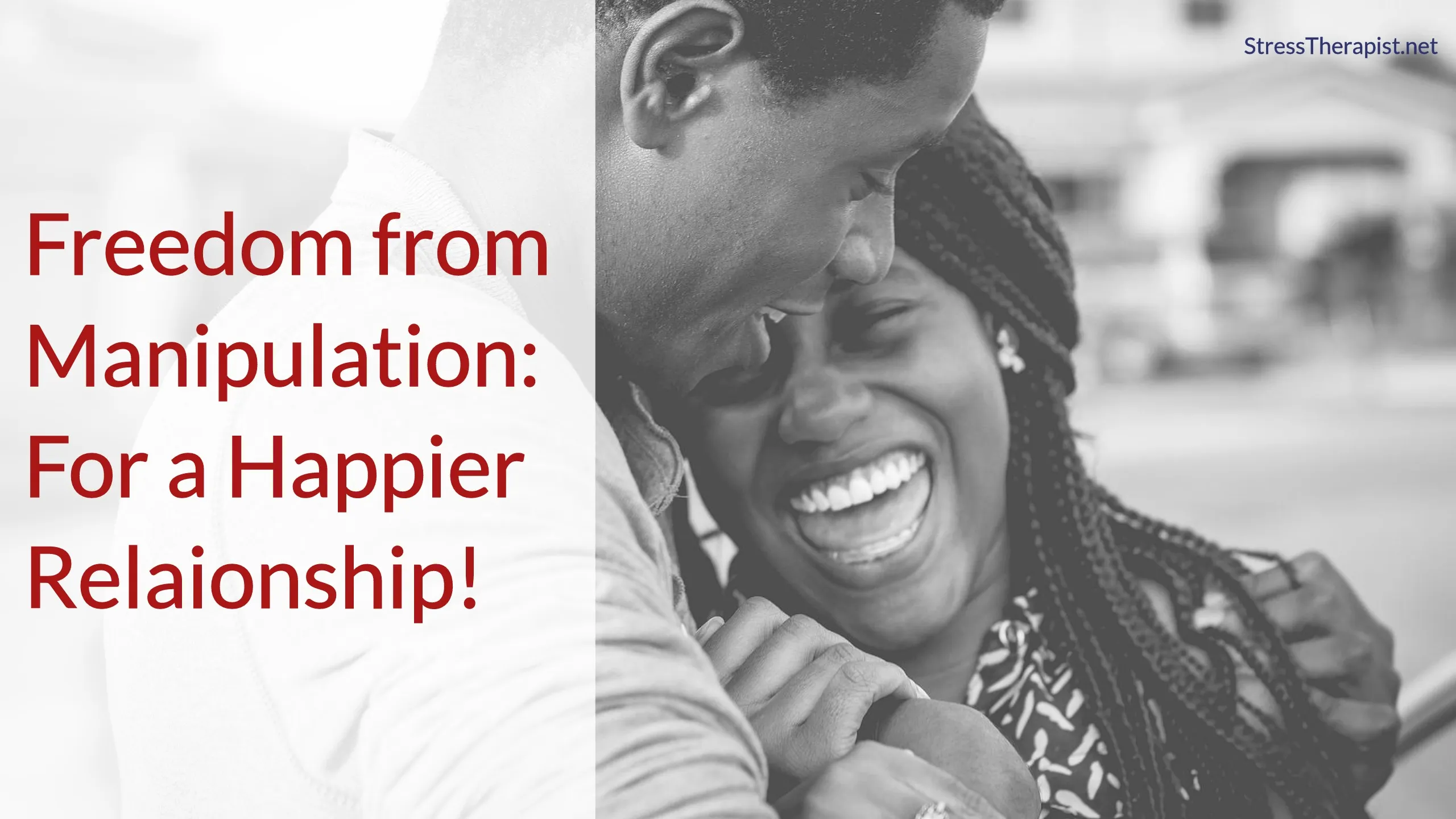Free PDF Guide:
GRAB ITFREE PTSD QUIZ
Angry Relationship? Here’s how to stop the madness before destroying the person you love
how to handle anger in a relationship

How can you stop yourself from getting destructively angry in your relationship?
You want to be able to live in a happy relationship and not get angry and fight constantly. You want to have a happy marriage and be able to find time to have fun together.
But it is so easy to become angry in a relationship. It is so easy to get mad at your partner for their behavior and for their shortcomings.
If you are not careful, this anger will quickly turn into resentment and bitterness. And it will be so hard to forgive your partner for the things they have done to hurt you.
This will cause you to have a hard time opening up and getting closer to your partner. And it will be so hard to forgive your partner for their shortcomings. And if you are not careful, you could become a bitter and resentful person, which will be bad news for your relationship.
In this article, I would like to reveal 3 important concepts to help you overcome anger in a relationship. These concepts have been carefully designed so that you can learn to live in a happy and loving relationship.
Sounds good?
Let's dive in...
Fostering understanding in the relationships is a crucial first step
First, be honest and explain to your partner exactly what made you angry.
If you are not on speaking terms, it may help to write a letter explaining what you did and why.
Tell your partner why you feel hurt and why you are so angry. Then, if he or she still does not understand, try talking about it with a friend or family member who is not biased towards you or him.
A lot of times, people who are angry don't understand what they are angry about. If this is the case with your spouse, try talking about it with a trusted friend or relative. If you still cannot resolve the problem, consider couples counseling.
In addition to talking, think about other ways to work through your anger. For example, if you have been arguing about finances, try writing down a list of all the things you think your partner should contribute towards the household budget.
Then, give him or her one week to make his or her contribution. If after one week, the contribution has not been made, you can decide whether to stay together or not.
If you are angry over a particular behavior, think about what you could do instead. You can also tell your partner that if you do not get your way, you are not going to continue doing that behavior.
Finally, if your partner has been ignoring you or being rude, you can either confront him or her or simply leave the house. Remember, you are worth more than your anger!
Learning to understand what makes other half angry
The biggest problem is that people can be so different when it comes to how they handle their emotions.
Some people are more expressive when it comes to emotions, which means that their anger tends to be stronger and more obvious.
This means that their anger it is often easier to see. However, there are some people whose anger is so much harder to see.
They are much more adept at controlling and masking their anger.
How can you solve this problem?
The best approach is to really get to know what kinds of things make your other half angry and then use this knowledge to improve your interactions with them.
There are many ways to do this, but the key thing to do here is to understand what he or she is feeling.
To do this, you have to be really attentive to his body language and facial expressions.
If you notice that they are becoming more and more tense, try to talk him through it gently.
Try to learn to read their emotional cues. If they seem to be getting frustrated, try to understand where they are coming from.
For example, if he gets angry because he's trying to finish a project and you distract him with a phone call, he may not be able to see that he's annoyed and upset.
Whilst this is not justifying his anger, ignoring the triggered frustration or getting angry at his responce, is bound to build more anger. Which is the opposite of what you want.
But if you take the initiative and ask... " It sounds like this does not seem like a good time to talk, Should I call you latter." This may help him realize his frustration, and help him calm down. He may even take the initiative to appologize.
Makes sense?
How to control unexpected anger outbursts from yourself
Tamara struggled heavily with her anger. When she felt angry, she had a strong urge to yell, scream and throw things. Tamara hated this about herself. She knew it was unhealthy and wanted to change.
The problem was that the anger came upon her so quickly that she had not time to catch it and control it.
Tamara would try to control the anger but this just makde the anger worse.
Can you relate...
If you’re someone who regularly loses his temper, you’ve probably noticed that you can sometimes have a problem with control. You might find yourself angry before you even realize what you’re thinking.
Your brain controls your body in a lot of ways. So, if you want to control your anger, it’s important to learn how to be a master of your thoughts in your brain.
If you’re thinking negative thoughts that make you want to shout or hit, your brain is telling your body to act that way.
So, the first step in controlling your anger is to control the thought process. To do that, try these techniques.
1. Recognize when you’re angry. Acknowledge the emotion in yourself.
2. Stop the action. If you’re angry, it’s normal to want to lash out. But, if you stop and think about what you’re about to do, you can decide against it.
3. Take a deep breath. When you’re about to act, your brain is telling you to react. But, if you’re breathing in slowly and deeply, it slows down your thought process.
4. Use humor. Humor is an effective way to deal with a stressful situation. It allows you to control your emotions and think more clearly.
Finally, if you know you’re about to lose it, you can practice some of these skills.
1. Take time to reflect on the situation. Before you lose your temper, take a moment to think about what just happened.
2. Find a calming place. Calm yourself in a quiet place where you won’t disturb others.
3. Focus on the positive. You might not like what you’re about to do, but think about what you would want to do.
But what if your partner is the one who keeps losing their rag unexpectedly?
What do you do about this?
Here are things you can try.
1. Make sure you’re taking care of your safety first.
It’s important that you don’t feel guilty about doing things to keep yourself safe. For example if your partner is violent, go somewhere safe or call the police if needed. It’s also important that you take some time out, even if this means just being in your own home. This won’t solve the problem but it can protect you and other people you care about.
2. Keep in mind that we are all human and we make mistakes.
You feel anger towards a person when they have hurt or offended you. You may want to get even. But, you should take a step back and realize that we are all human. We all make mistakes and we can forgive each other. And, we can learn from our mistakes.
3. Remember that no one's in a logical frame of mind when angry.
This is not the best time to explain things. Wait until emotions have calmed down. Why? Because we tend to get into a more rational frame of mind when our emotions calm down, and then we have a better chance of being heard and understanding each other's point of view.
4. Stay calm yourself as well.
When dealing with an angry partner, avoid getting drawn into an emotional argument. Stay calm, even if the other person is angry and rude. Don't take their anger personally. Why? Because getting angry yourself will be light adding fuel to the fire
5. Make a plan ahead of time to deal with the situation after an outburst.
During moments of calm and peace. Work together with your partner to create a plan of action for managing angry outbursts from them. This helps to prevent or reduce future problems and disagreements. If it does happen again, remind him/her of the agreement you had and talk about ways to handle it differently next time.
6. Be willing to apologize and make changes if you need to.
Recognizing your mistakes and doing everything in your power to make amends is essential to improving your relationship with your partner. This can help your partner learn own up to their ownmistakes and make a good faith effort to resolve the matter so both of you can move on.
7. If things are still bad, seek professional help.
After trying all the above suggestions for a while, if things are still bad, try seeking professional help from a qualified therapist. Look for one who understands and knows about the dynamics of anger and can provide effective treatment for this type of problem.
Do this to communicate effectively when someone you love has been acting inappropriately or unkindly
Relationships are built on trust and compromise. If someone you love is doing something that undermines that trust, it can feel like a betrayal.
Midsection with an analogy:
But remember, a relationship is like an accordion. There are two sides that hold it together. Reaction from you can either strengthen your relationship or cause the relationship to fold in on itself.
Set your boundaries and communicate them clearly. Don’t expect that someone you love will simply get the message and stop doing what they are doing. And at the same time, commit to playing your part to reducing the friction and tension that may be coming from you as well.
DFMMasterclass
How to deal with a difficult family member
References
- Gottman, J. M., & Silver, N. (2015). The seven principles for making marriage work (Revised ed.). Harmony Books. Gottman Institute Research
- Johnson, S. M. (2008). Hold me tight: Seven conversations for a lifetime of love. Little, Brown and Company. View on Google Books
- Kassinove, H., & Tafrate, R. C. (2002). Anger management: The complete treatment guidebook for practitioners. Impact Publishers. APA PsycNet



.webp)

